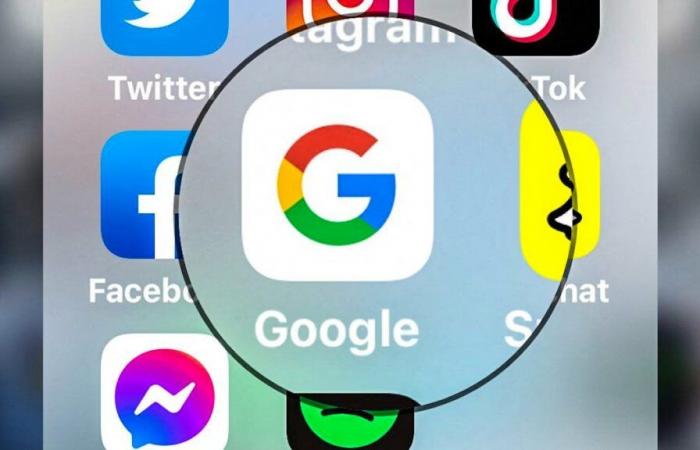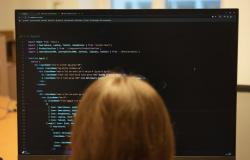The Supreme Court of Brazil began on Wednesday to discuss the regulation of social networks, an unprecedented debate at this level in Latin America on the role of platforms in the face of disinformation. Concretely, the highest court in the country must rule on several specific cases raising the question of the responsibility of platforms for the content published there.
The opening of the debates takes place the day after the publication of a police report on the alleged involvement of ex-President Jair Bolsonaro in a planned coup d’état to remain in power after the 2022 election. According to investigators, this plan consisted in particular of disseminating false information on the reliability of electronic ballot boxes to justify a putsch which ultimately did not take place, after the defeat of Jair Bolsonaro against current president Luiz Inácio Lula da Silva.
One of the issues in the debates at the Supreme Court, which should extend over several sessions until next year, is to decide whether platforms can be sanctioned for illegal publications by certain users. Magistrates are also called upon to decide whether companies must moderate and possibly remove illegal content spontaneously, without prior judicial intervention.
One of the judges of the Supreme Court, Alexandre de Moraes, used his personal example during the debates on Wednesday to criticize the “lack of good will” of the platforms to delete false profiles. “I do not have an Instagram or Facebook account, and there are around twenty profiles in my name,” said this powerful magistrate responsible for numerous sensitive investigations, including that on the alleged coup d’état plan.
One of the issues addressed in the debates is precisely an appeal by Facebook against an order to compensate a woman who had discovered a false profile in her name disseminating offensive content. The decision of the Supreme Court on the various cases will set a precedent, hence the importance of the debates.
“The platforms (…) have opened avenues for disinformation, hate speech, lies and conspiracy theories,” said Luis Roberto Barroso, president of the Brazilian Supreme Court. “The democratic world has launched debates to protect freedom of expression without allowing us to fall into an abyss of incivility,” he added, citing as an example European regulation “which seeks this point of ideal balance.
The Brazilian Supreme Court was recently faced with challenges from social networks: Alexandre de Moraes had ordered the blocking of access to the X platform, for having ignored a series of judicial decisions linked to the fight against disinformation. The old Twitter was blocked for forty days in Brazil, and its owner, billionaire Elon Musk, described Judge Moraes as a “dictator” threatening freedom of expression.






